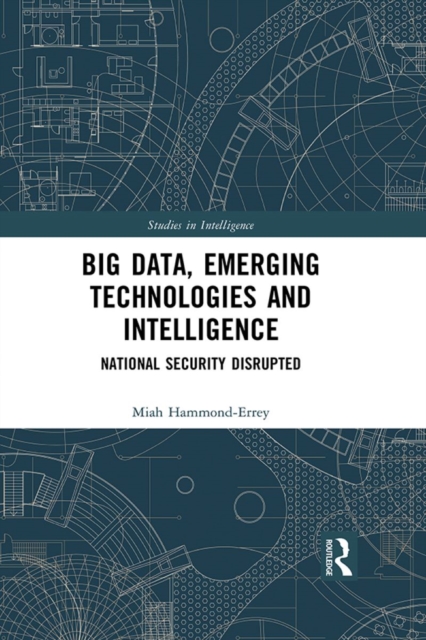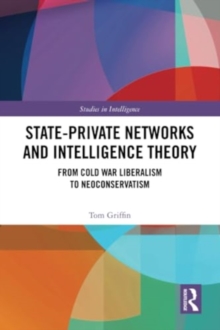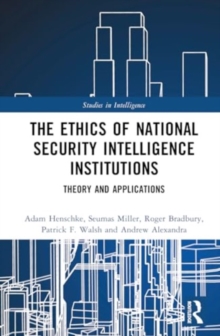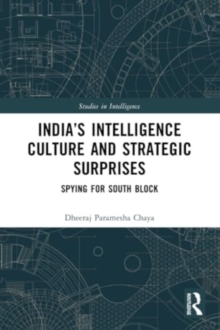
Big Data, Emerging Technologies and Intelligence : National Security Disrupted PDF
by Miah Hammond-Errey
Part of the Studies in Intelligence series
Description
This book sets out the big data landscape, comprising data abundance, digital connectivity and ubiquitous technology, and shows how the big data landscape and the emerging technologies it fuels are impacting national security.
This book illustrates that big data is transforming intelligence production as well as changing the national security environment broadly, including what is considered a part of national security as well as the relationships agencies have with the public. The book highlights the impact of big data on intelligence production and national security from the perspective of Australian national security leaders and practitioners, and the research is based on empirical data collection, with insights from nearly 50 participants from within Australia's National Intelligence Community. It argues that big data is transforming intelligence and national security and shows that the impacts of big data on the knowledge, activities and organisation of intelligence agencies is challenging some foundational intelligence principles, including the distinction between foreign and domestic intelligence collection. Furthermore, the book argues that big data has created emerging threats to national security; for example, it enables invasive targeting and surveillance, drives information warfare as well as social and political interference, and challenges the existing models of harm assessment used in national security. The book maps broad areas of change for intelligence agencies in the national security context and what they mean for intelligence communities, and explores how intelligence agencies look out to the rest of society, considering specific impacts relating to privacy, ethics and trust.
This book will be of much interest to students of intelligence studies, technology studies, national security and International Relations.
Information
-
Download - Immediately Available
- Format:PDF
- Pages:212 pages
- Publisher:Taylor & Francis
- Publication Date:29/01/2024
- Category:
- ISBN:9781003836223
Other Formats
- EPUB from £31.58
Information
-
Download - Immediately Available
- Format:PDF
- Pages:212 pages
- Publisher:Taylor & Francis
- Publication Date:29/01/2024
- Category:
- ISBN:9781003836223










